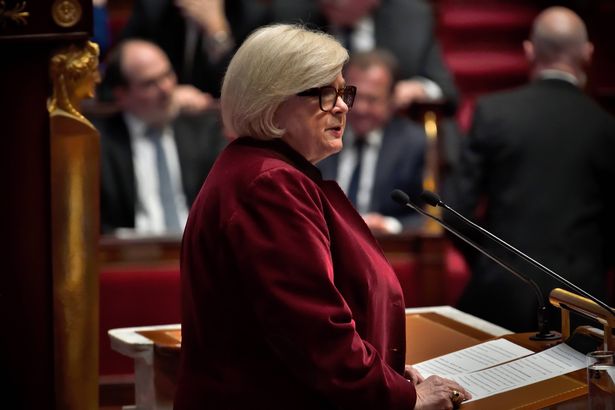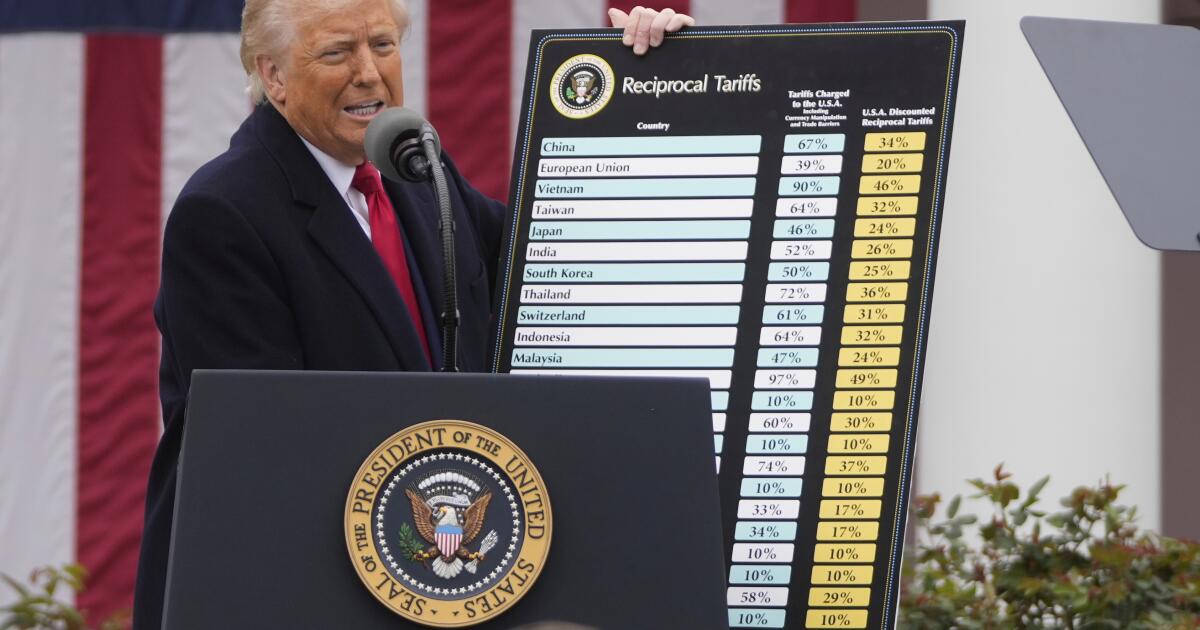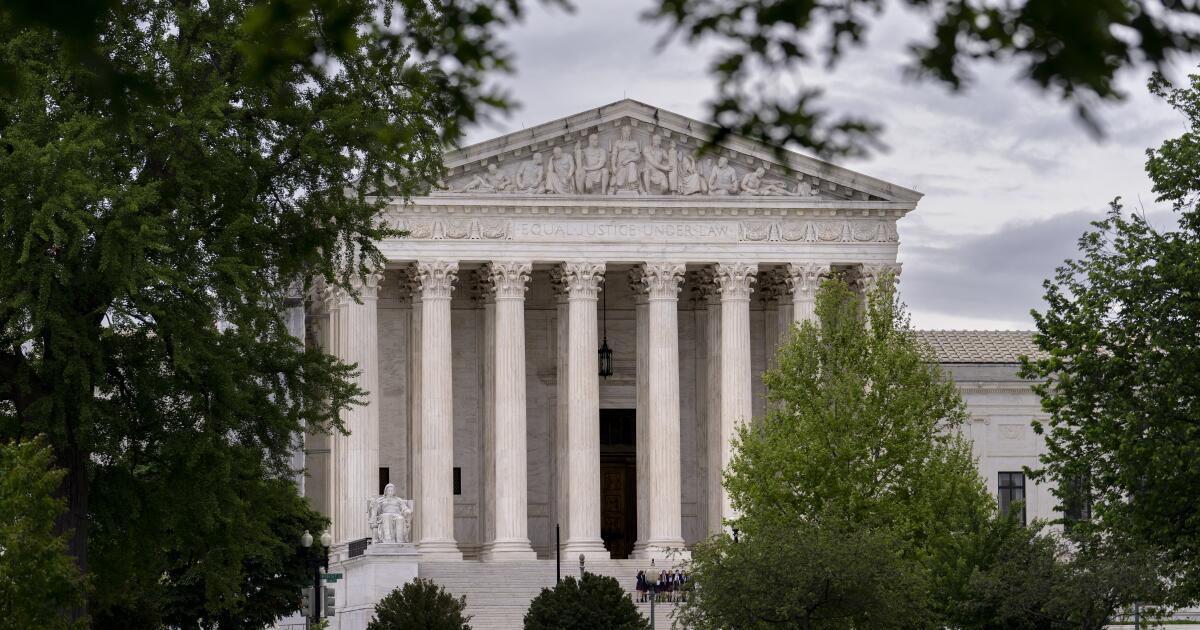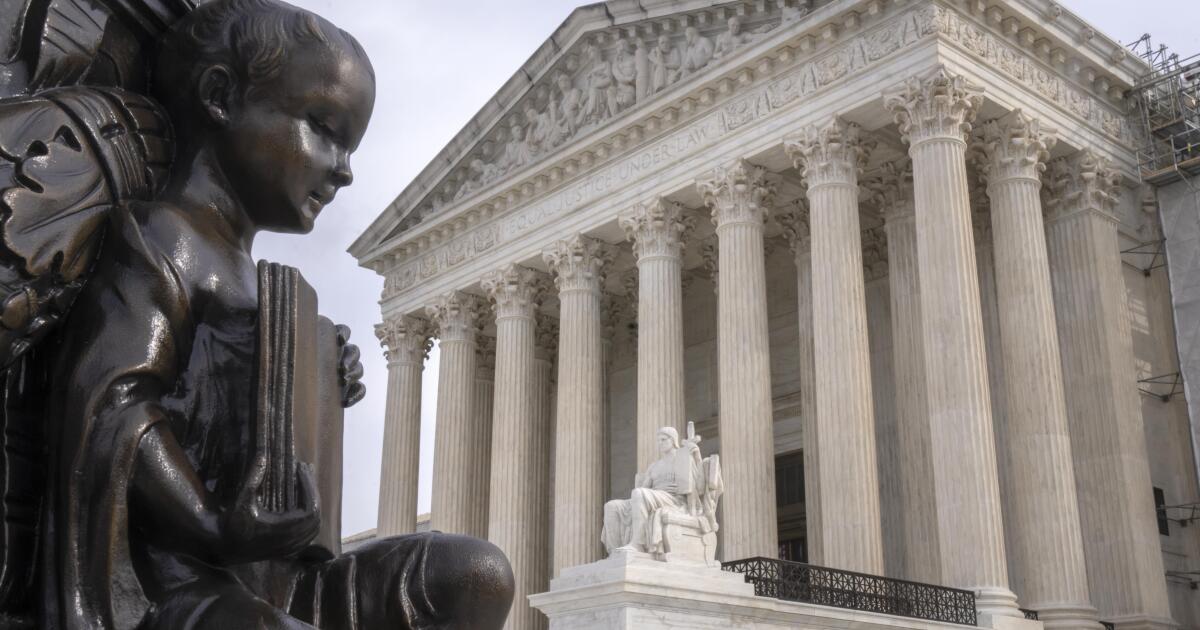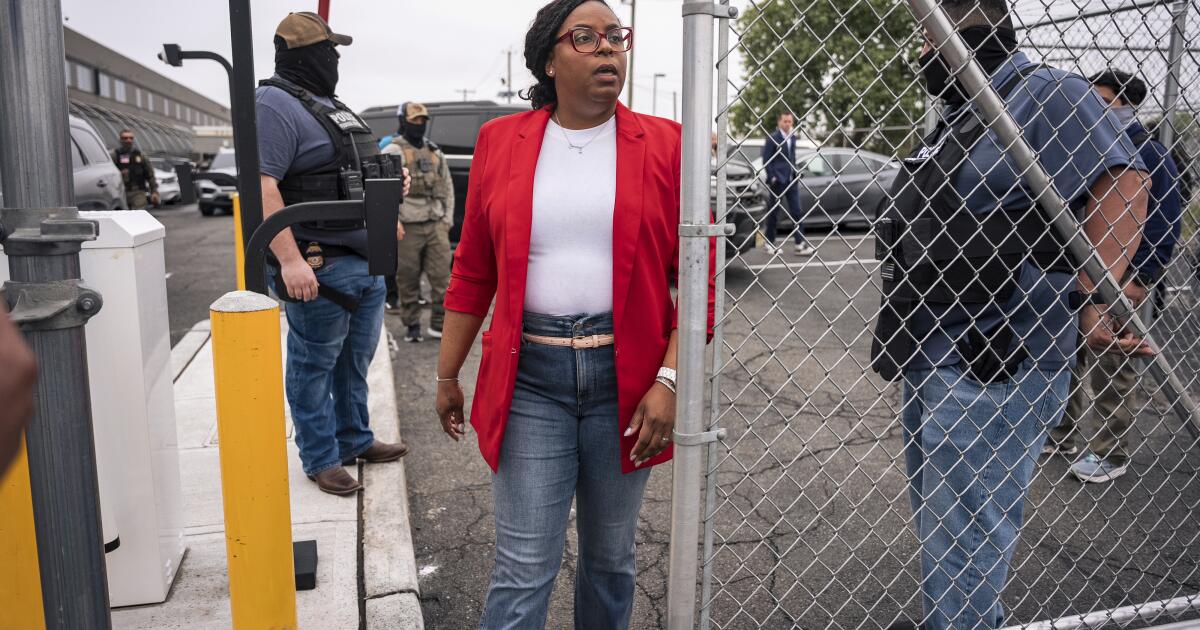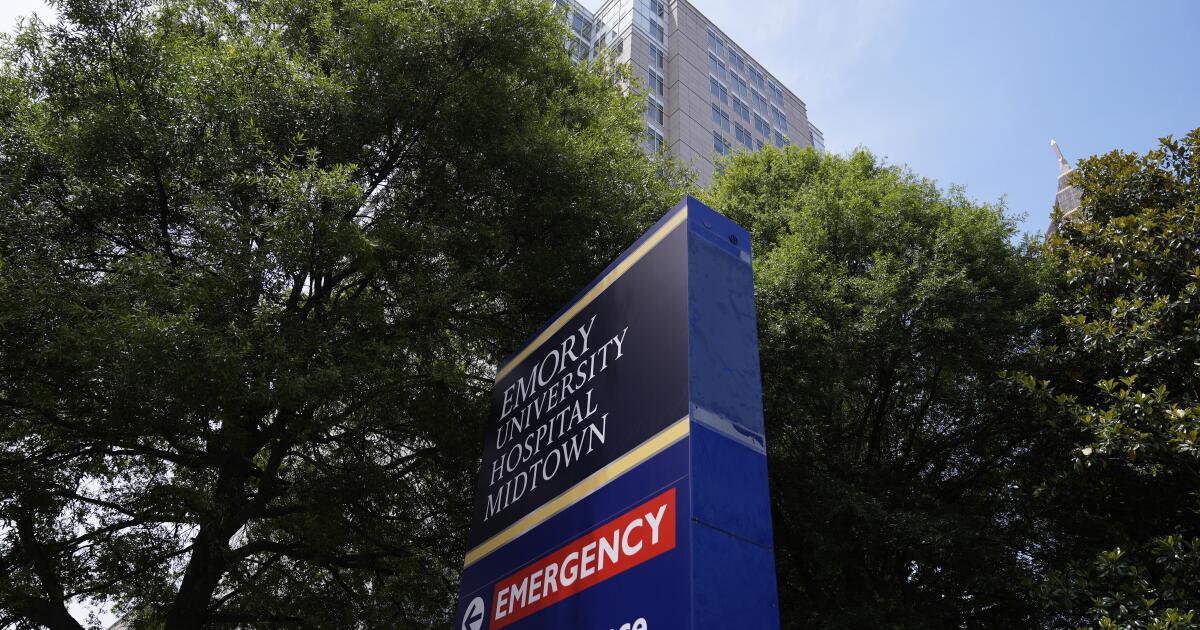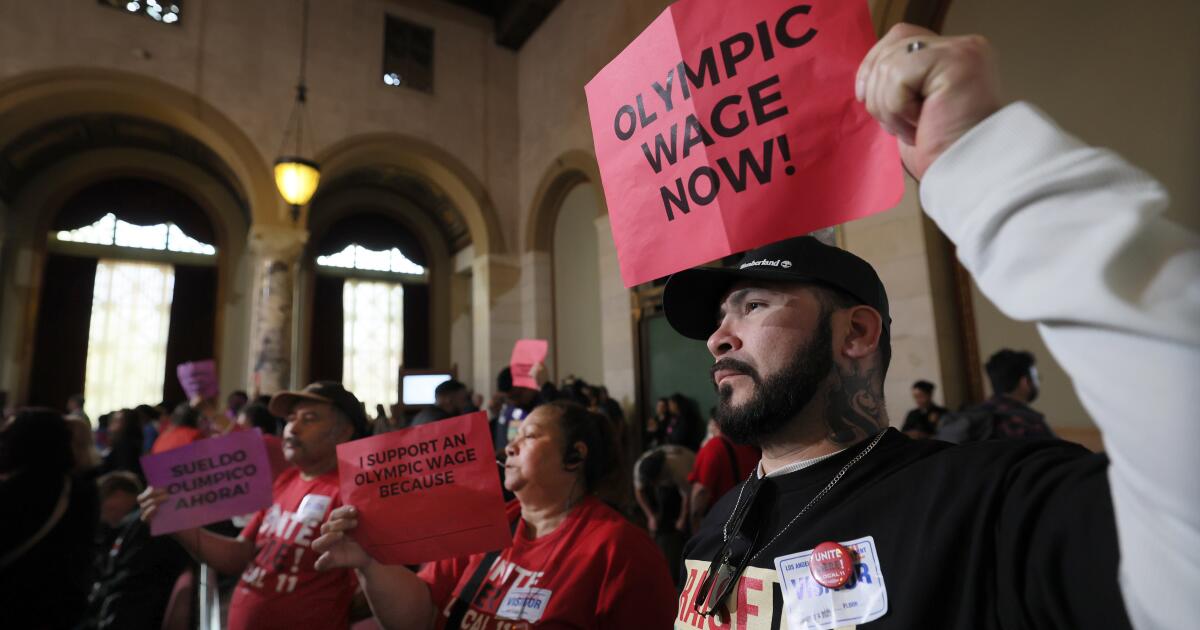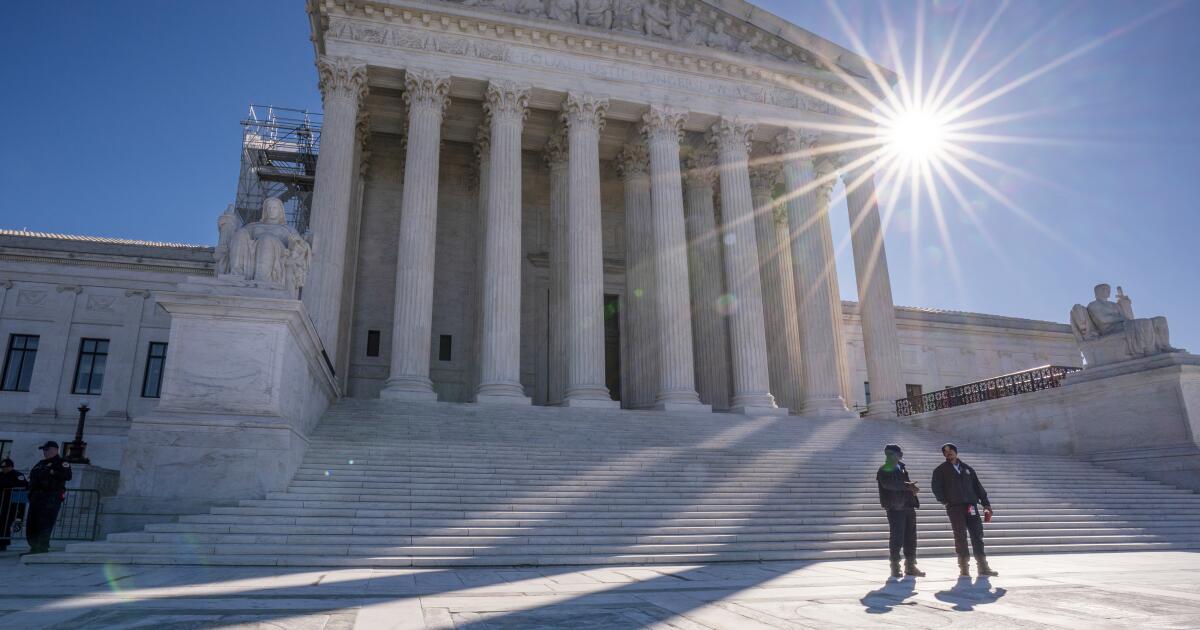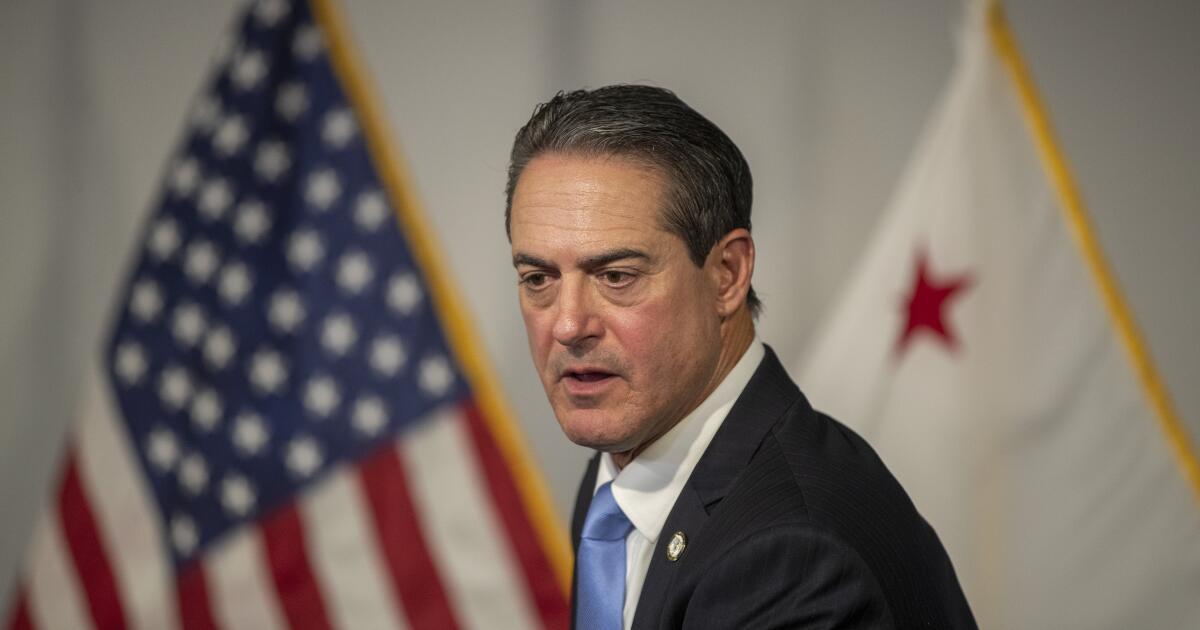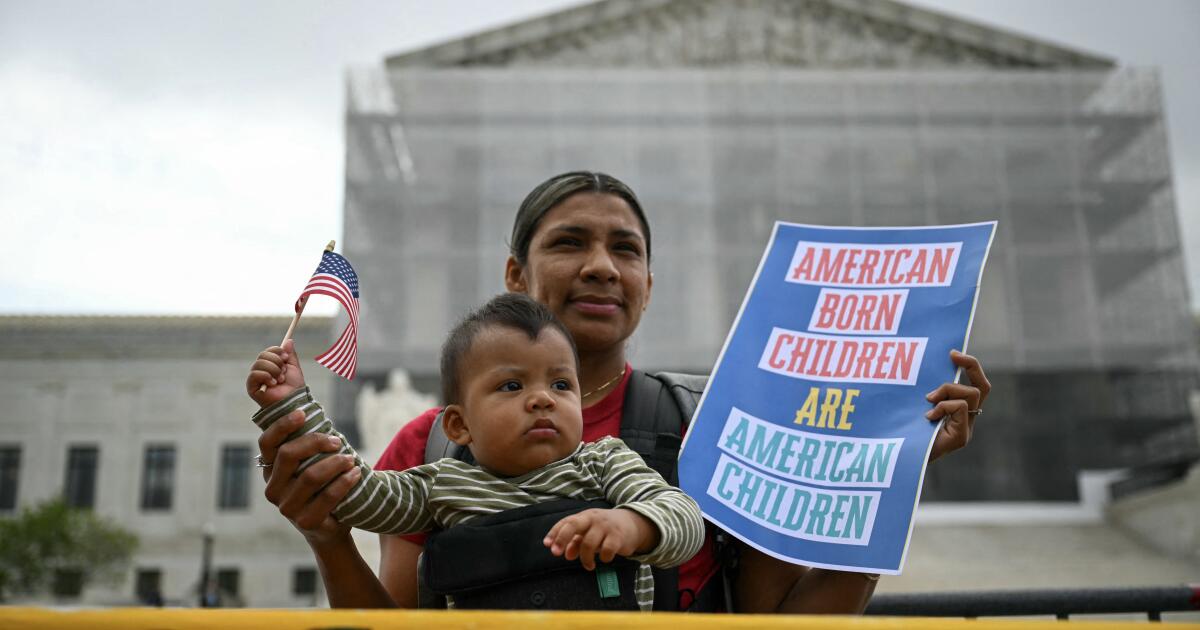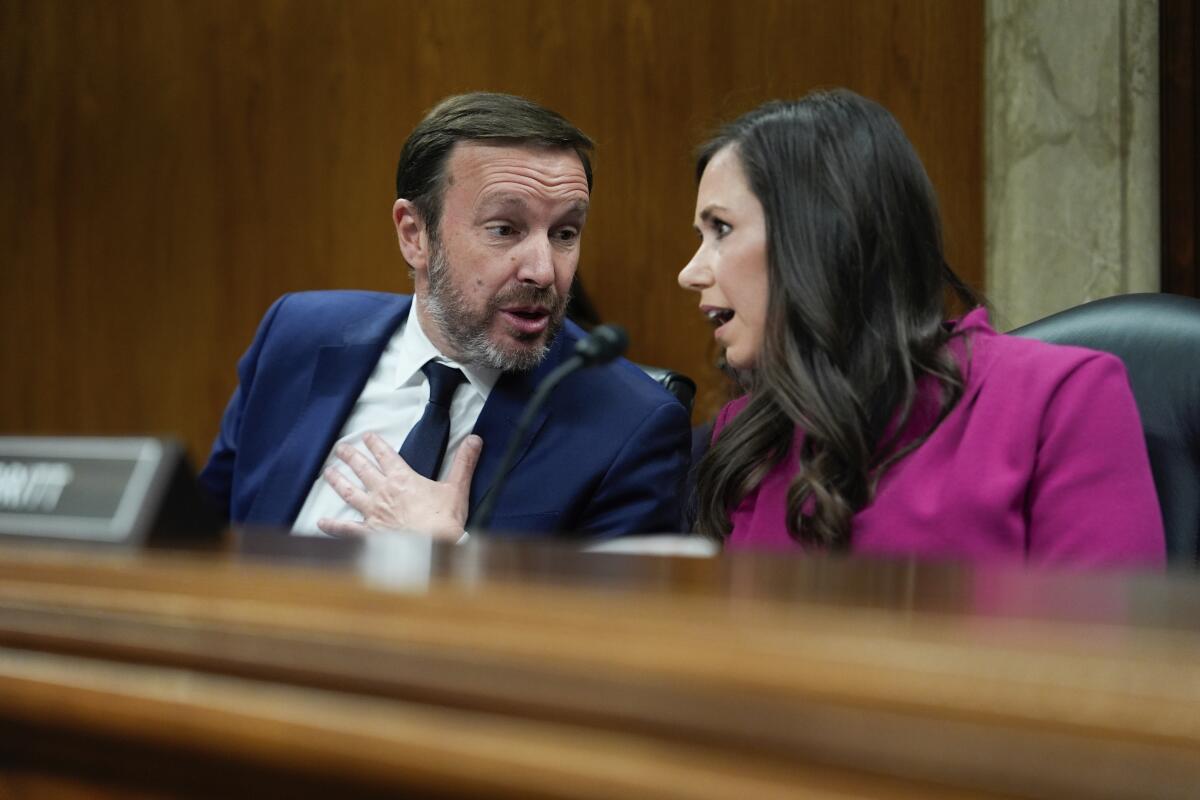State waste officials have taken another stab at rules implementing a landmark plastic waste law, more than two months after Gov. Gavin Newsom torpedoed their initial proposal.
CalRecycle, the state agency that oversees waste management, recently proposed a new set of draft regulations to implement SB 54, the 2022 law designed to reduce California’s single-use plastic waste. The law was designed to shift the financial onus of waste reduction from the state’s people, towns and cities to the companies and corporations that make the polluting products. It was also intended to reduce the amount of single use plastics that end up in California’s waste stream.
The draft regulations proposed last week largely mirror the ones introduced earlier this year, which set the rules, guidelines and parameters of the program — but with some minor and major tweaks.
The new ones clarify producer obligations and reporting timelines, said organizations representing packaging and plastics companies, such as the Circular Action Alliance and the California Chamber of Commerce.
But they also include a broad set of exemptions for a wide variety of single-use plastics — including any product that the U.S. Food and Drug Administration and the U.S. Department of Agriculture has jurisdiction over, which includes all packaging related to produce, meat, dairy products, dog food, toothpaste, condoms, shampoo and cereal boxes, among other products.
The rules also leave open the possibility of using chemical or alternative recycling as a method for dealing with plastics that can’t be recycled via mechanical means, said people representing environmental, recycling and waste hauling companies and organizations.
California’s Attorney General, Rob Bonta, filed a suit against ExxonMobil last year that, in part, accuses the oil giant of deceptive claims regarding chemical recycling, which the company disputes.
Critics say the introduction of these exemptions and the opening for polluting recycling technologies will undermine and kneecap a law that just three years ago Newsom’s office described as “nation-leading” and “the most significant overhaul of the state’s plastic and packaging policy in history.”
The “gaping hole that the new exemptions have blown” into the bill make it unworkable, practically unfundable, and antithetical to its original purpose of reducing plastic waste, said Heidi Sanborn, director of the National Stewardship Action Council.
Last March, after nearly three years of negotiations among various corporate, environmental, waste, recycling and health stakeholders, CalRecycle drafted a set of finalized regulations designed to implement the single-use plastic producer responsibility program under SB 54.
But as the deadline for implementation approached, industries that would be affected by the regulations including plastic producers and packaging companies — represented by the California Chamber of Commerce and the Circular Action Alliance — began lobbying the governor, complaining the regulations were poorly developed and might ultimately increase costs for California taxpayers.
Newsom allowed the regulations to expire and told CalRecycle it needed to start the process over.
Daniel Villaseñor, a spokesman for the governor, said Newsom was concerned about the program’s potential costs for small businesses and families, which a state analysis estimated could run an extra $300 per year per household.
He said the new draft regulations “are a step in the right direction” and they ensure “California’s bold recycling law can achieve its goal of cutting plastic pollution,” said Villaseñor in a statement.
John Myers, a spokesman for the California Chamber of Commerce, whose members include the American Chemistry Council, Western Plastics Assn. and the Flexible Packaging Assn., said the chamber was still reviewing the changes.
CalRecycle is holding a workshop next Tuesday to discuss the draft regulations. Once CalRecycle decides to finalize the regulations, which experts say could happen at any time, it moves into a 45 day official rule making period during which time the regulations are reviewed by the Office of Administrative Law. If it’s considered legally sound and the governor is happy, it becomes official.
The law, which was authored by Sen. Ben Allen (D- Santa Monica) and signed by Newsom in 2022, requires that by 2032, 100% of single-use packaging and plastic foodware produced or sold in the state must be recyclable or compostable, that 65% of it can be recycled, and that the total volume is reduced by 25%.
The law was written to address the mounting issue of plastic pollution in the environment and the growing number of studies showing the ubiquity of microplastic pollution in the human body — such as in the brain, blood, heart tissue, testicles, lungs and various other organs.
According to one state analysis, 2.9 million tons of single-use plastic and 171.4 billion single-use plastic components were sold, offered for sale, or distributed during 2023 in California.
Most of these single-use plastic packaging products cannot be recycled, and as they break-down in the environment — never fully-decomposing — they contribute to the growing burden of microplastics in the air we breathe, the water we drink, and the soil that nourishes our crops.
The law falls into a category of extended producer responsibility laws that now regulate the handling of paint, carpeting, batteries and textiles in California — requiring producers to see their products throughout their entire life cycle, taking financial responsibility for their products’ end of life.
Theoretically such programs, which have been adopted in other states, including Washington, Oregon and Colorado, spur technological innovation and potentially create circular economies — where products are designed to be reused, recycled or composted.
Sanborn said the new exemptions not only potentially turn the law “into a joke,” but will also dry up the program’s funding and instead put the financial burden on the consumer and the few packaging and single-use plastic manufacturers that aren’t included in the exemptions.
“If you want to bring the cost down, you’ve got to have a fair and level playing field where all the businesses are paying in and running the program. The more exemptions you give, the less funding there is, and the less fair it is,” she said.
In addition, because of the way residential and commercial packaging waste is collected, “it’s all going to get thrown away together, so now you have less funding” to deal with the same amount of waste, but for which only a small number of companies will be accountable for sorting out their material and making sure it gets disposed of properly.
Others were equally miffed, including Allen, the bill’s author, who said in a statement that while there are some improvements in the new regulations, there are “several provisions that appear to conflict with law,” including the widespread exemptions and the allowance of polluting recycling technologies.
“If the purpose of the law is to reduce single-use plastic ad plastic pollution,” said Anja Braden from the Ocean Conservancy, these new regulations aren’t going to do it — they are “inconsistent with the law and fully undermine its purpose and goal.”
She also said the exemptions preclude technological innovation, dampening incentives for companies to explore new recyclable and compostable packaging materials.
Nick Lapis with Californians Against Waste, said his organization was “really disappointed to see the administration caving to industry on some core parts of this program,” and also noted his read suggests many of the changes don’t comply with the law.
Next Tuesday, the public will have an opportunity to express their concerns at a rulemaking workshop in Sacramento.
However, Sanborn fears there will be little time or appetite from the agency or the governor’s office to make substantial changes to the new regulations.
“They’re basically already cooked,” said Sanborn, noting CalRecycle had already accepted public comments during previous rounds and iterations.
“California should be the leader at holding the bar up in this space,” she said. “I’m afraid this has dropped the bar very low.”

